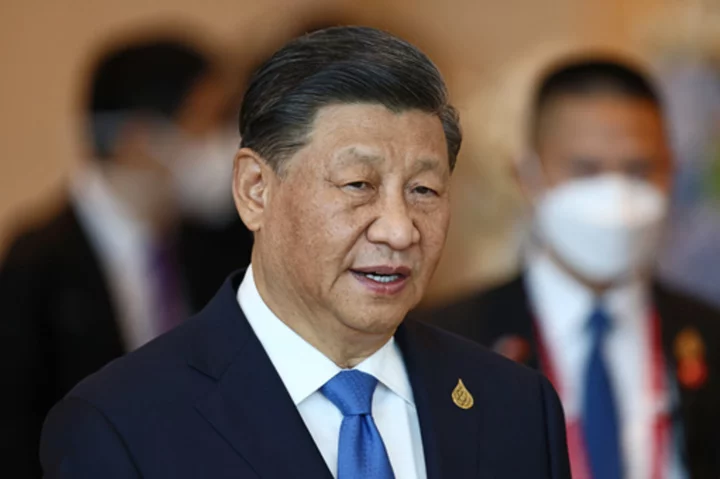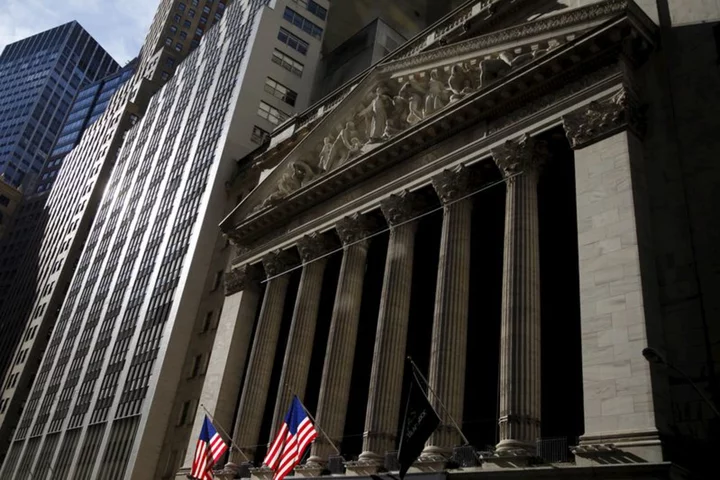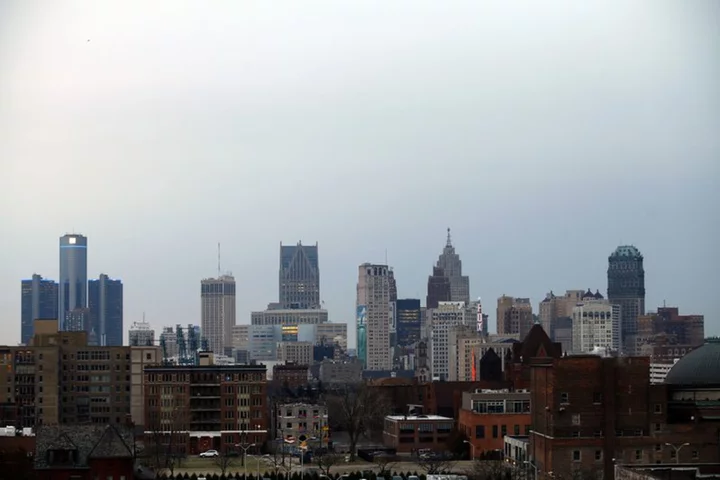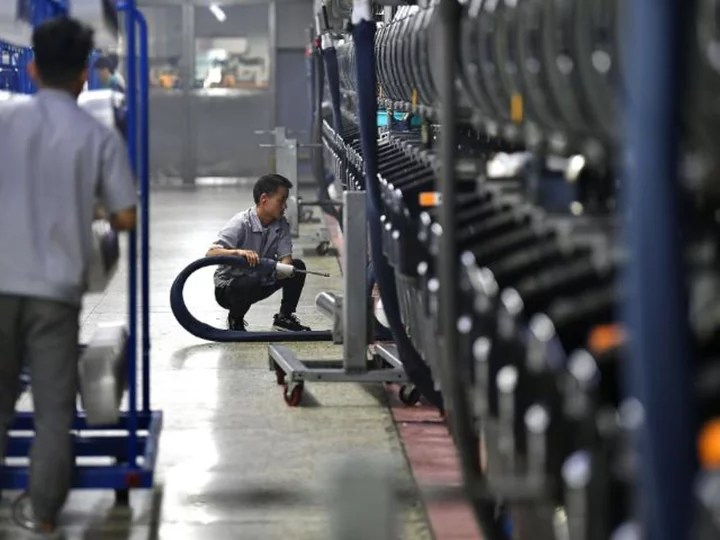BEIJING (AP) — China’s ruling Communist Party is calling for beefed-up national security measures, highlighting the risks posed by advances in artificial intelligence.
A meeting headed by party leader and President Xi Jinping on Tuesday urged “dedicated efforts to safeguard political security and improve the security governance of internet data and artificial intelligence," the official Xinhua News Agency said.
Xi, who is China's head of state, commander of the military and chair of the party’s National Security Commission, called at the meeting for “staying keenly aware of the complicated and challenging circumstances facing national security.”
China needs a "new pattern of development with a new security architecture,” Xinhua reported Xi as saying.
China already dedicates vast resources to suppressing any perceived political threats to the party’s dominance, with spending on the police and security personnel exceeding that devoted to the military.
While it relentlessly censors in-person protests and online criticism, citizens have continued to express dissatisfaction with policies, most recently the draconian lockdown measures enacted to combat the spread of COVID-19.
China has been cracking down on its tech sector in an effort to reassert party control, but like other countries it is scrambling to find ways to regulate the developing technology.
Worries about artificial intelligence systems outsmarting humans and slipping out of control have intensified with the rise of a new generation of highly capable AI chatbots such as ChatGPT.
Scientists and tech industry leaders, including high-level executives at Microsoft and Google, issued a new warning Tuesday about the perils that artificial intelligence poses to humankind.
“Mitigating the risk of extinction from AI should be a global priority alongside other societal-scale risks such as pandemics and nuclear war,” the statement said.
More than 1,000 researchers and technologists, including Elon Musk, who is currently on a visit to China, had signed a much longer letter earlier this year calling for a six-month pause on AI development.
The missive said AI poses “profound risks to society and humanity,” and some involved in the topic have proposed a United Nations treaty to regulate the technology.









